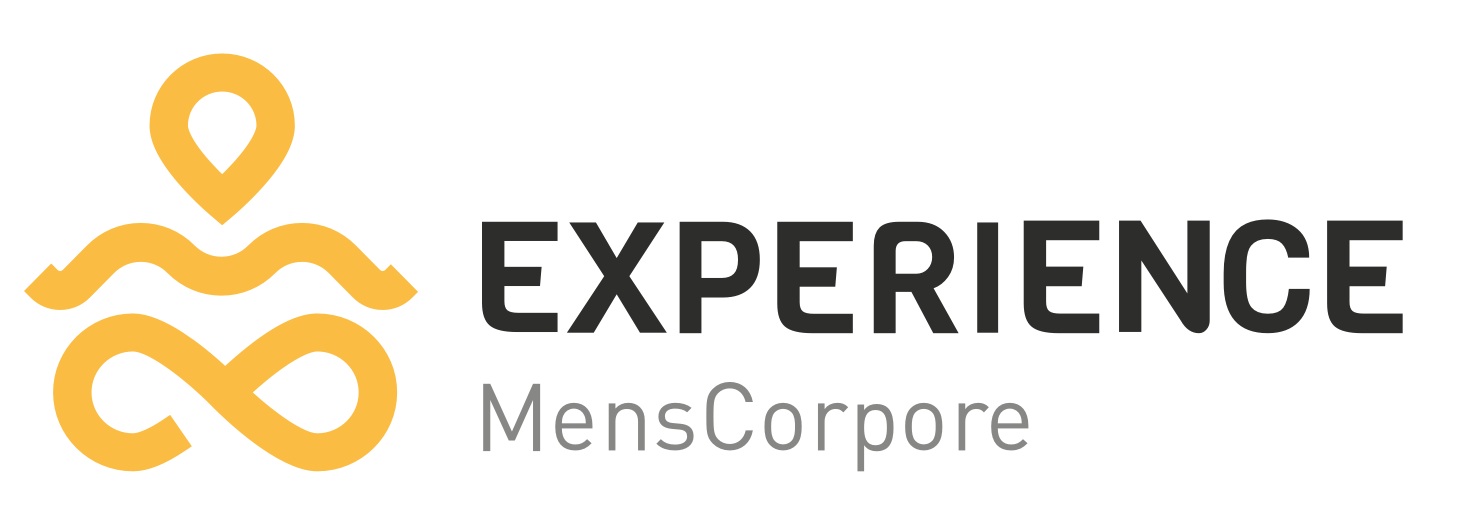Days go by and the COVID-19 pandemic constantly threatens to resurge. As I write, however, it seems that the first signs of improvement are starting to appear. The number of daily deaths has decreased and space is freeing up in intensive care units. Nonetheless, our institutions and experts reiterate that it will take months before we can return to a semblance of normality. The economic and employment repercussions of this extraordinary, complex, and exhausting situation, of which we have already had a taste, are all too predictable, even as the overall scenario remains uncertain.
Beyond the decisions and actions that will be taken at the political and individual level (among both people and organizations), two mindsets seem to coexist. On one hand, there is a burning desire not to stop, fueled by the legitimate fear of not being able to start up again. It is a desire to return to our previous reality, driven by concerted efforts and strict determination. In essence, we want to reset the “game” were in the midst of, and get back to playing as quickly as possible. On the other hand, there is a deep-rooted suspicion that we need to address the very rules that that game is based upon. Indeed, perhaps this terrible impasse that we are facing is in fact an opportunity to review our priorities and the model of growth that we have been pursuing with such zeal. We may need to question not only the logic of the market, but also our organizational cultures and individual beliefs.

These apparently contradictory directions can, in fact, coexist—even within a single person or organization. They are both understandable, and both have their roots in very human needs: the need for security and control (which characterized our previous reality); and the need for experimentation and renewal (which may characterize whatever comes next). Between these two poles, there are infinite nuances and possibilities, and it is likely that the future will be shaped by both forces, even if that is hard to imagine right now. A good starting point for each of us is to ask ourselves a few questions, and then to be very attentive to the answers that arise:
“What is really important to me? What has become newly important in this time?”
“Before the pandemic, what did I underestimate or take for granted? What should I revalue when we return to ‘normal’?”
“Was I satisfied with my life and work, overall? How would I like them to change? What can I do to contribute to that change?”
These questions may seem abstract or vague, but now is the right time to ask them. To ground them in specifics, consider the following themes that have been highlighted by our current situation.
Health and prevention: The pandemic has made evident the weaknesses of the National Health Service, weakened over time by political and social choices. At the institutional level, therefore, let us make wiser decisions in the future, while at the individual level, let us reflect on the importance of prevention. This includes cultivating healthy lifestyles and expanding our understanding of “health” beyond the purely physical.
Relationships: The cost in human life has been and will be very high. Too many of us have lost acquaintances, friends, and family due to the virus. This fragility is a reminder to make space for and honor our human relationships, which we too often take for granted or sacrifice in favor or “more important” objectives.
Nature: It is both amazing and disturbing to see how much the planet benefits when we just stop. Now is the time to end the illusion that we can manipulate the natural environment without producing—and having to deal with—any consequences. Restoring a deep connection with our ecologies, and developing a real awareness of our impact on them, are perhaps the most crucial challenges we face.
Interdependence: This is truly the most powerful theme that we should explore. Today more than ever, we need to recognize that we are not independent, self-determined creatures, and that our destiny is not solely in our hands. Our existence depends on numerous phenomena and processes; we are integral parts of a system that goes far beyond physical borders and an atomistic view of the self.
It is a small percentage of us who have been charged with resolving the crisis “out there”—those with specialized skills and responsibilities. The rest of us have simply been invited to stand still and take care of our crises “in here.” And there is more than enough for each of us to do: lacking the distractions of daily life, our anxieties and worries are plentiful. While confronting this landslide of emotions with empathy and patience is not easy, it is truly the healthiest decision we can make.





